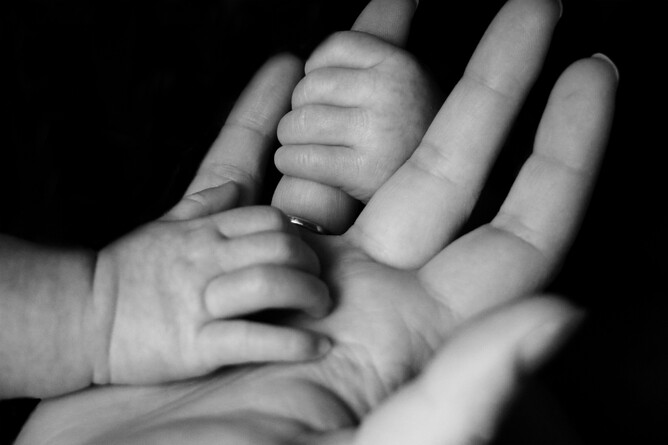By Julie McKinnon, CCCNZ Children and Family Ministries Enabler
Kua kakahuria nei te tangata hou, e whakahoutia nei i runga i te matauranga kia rite ki te ahua o tona kaihanga.
A ‘ua ‘outou ‘o‘ofu i le tagata fou, o lē ‘ua fa‘afouina i le iloa, e fa‘atatau ‘ia foliga i lē na faia o ia.
You have put on the new self, which is being renewed in knowledge after the image of its creator.
Colossians 3:10
Have you ever looked at a child and immediately seen a resemblance to their parents? They have the same eyes as Dad or the same mouth as Mum. We see something of the image of their parents in them.
It makes me wonder what parts of me look like my Heavenly Father. How do I reflect God’s nature?
In Colossians, Paul emphasises the transformative power of the gospel in the lives of believers. When we accept the gift of salvation, we put aside our old nature and put on our new self. We are given a new identity in Christ.
Our union with Christ means we are a new creation. We are immediately different from our old self.
And this new self is continually being renewed and transformed as we grow in knowledge—not merely intellectual knowledge, but a deep, experiential knowledge that enables us to genuinely know God and understand his truth.
This transformation is not passive but requires our active engagement with the truth. Colossians 3 and Romans 12 tell us that as we grow in understanding of the depth and riches of the gospel, we are remade into the likeness of Christ who perfectly reflects the image of God.
The gospel transforms our hearts and minds, allowing us to reflect the nature of our Creator God.
Through the gift of grace, we are restored to right relationship with God. Through the transformative power of the gospel, we are being renewed into the image of our creator to reflect his nature and to live in a way that brings him glory.
In Christ, we can truly be who God intended us to be.



